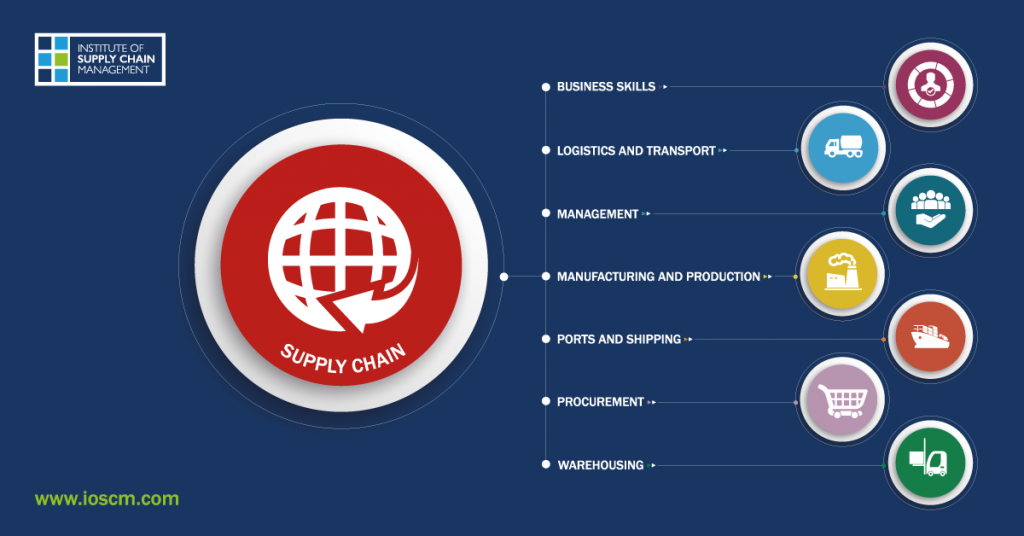
Navigating International Trade: Adhering to Import and Export Compliance
International trade is pivotal for global economic growth and fostering international relations. However, navigating international trade comes with several challenges and complexities. Businesses need to adhere to specific regulations and standards for seamless transactions. International trade compliance defines a critical business standard framework that ensures companies operate within legal boundaries while engaging in cross-border import and export trade.
In this post, we will discuss the concept of import and export compliance, its significance, and the risks associated with non-compliance to help you navigate international trade seamlessly.
Let’s get started.
What Is International Trade Compliance?
International trade compliance signifies a robust framework companies should follow when performing business with parties from different countries. Each country has its own set of protocols and regulations concerning the country of origin and type of merchandise. Firms must abide by all these regulations to ensure safety, fairness, and ethical practices. Every multinational company adheres to international trade compliance. Typically, they maintain a specialised team to manage logistics within the supply chain and overall management. This straightforward approach helps businesses ensure fair practices and facilitates global business expansion.
What Is Import/Export Compliance?
International trade involves the commercial activity of buying and selling goods and services between countries while abiding by the business protocols of each country. The key goal is to optimise a company’s commercial practices by expanding globally for appropriate product positioning and outsourcing.
Here’s an example.
Say a toy company in Japan imports base materials from India to manufacture toys. So, they would need to comply with both Japan’s trade rules and India’s export rules to complete the global transaction lawfully.
The World Trade Organization (WTO) manages most imports and exports. So, understanding their laws and principles is crucial for a seamless international trade.
The WTO is a collective effort of multiple participating nations, where each country has its own say, resulting in specific rules for different nations.
Following the rules can save businesses from unanticipated issues.
For instance, doing business in Turkey requires a special certificate for importing foreign pet food. Besides, the foreign production facility must be approved by the European Union. Failing to comply with the rules can create legal troubles for companies involved in the deal.
So, familiarise your firm with the WTO’s rules and create the right business strategy.
What Is Its Significance?
Today’s extensive global commerce requires adherence to country-specific rules and treaties for quality and safety control. These regulations are established because of an individual’s vulnerability to external factors, such as illegal substances, epidemics, and weapons, negatively impacting goods, services, and people entering a country.
For instance, a country can enforce strict food safety protocols on imported items to control contaminants and ensure proper labelling. This can help the authorities safeguard people from potential health risks. Similarly, a country can enforce specific standards to ensure high-quality medical supplies. This allows the authorities to mitigate health-related risks for its population, especially in adverse circumstances like the COVID-19 pandemic.
In short, adhering to international trade compliance empowers each stakeholder to perform global trading effectively and efficiently.
Risks of Not Being International Trade Compliant
Neglecting import and export regulations can give rise to the following key risks.
- Legal Consequences: The companies might face legal challenges, including fines, unexpected penalties, tariffs, taxes, or even bans from doing business in specific markets. This can negatively impact trust among its clients and partners, leading to financial losses and poor ROI.
So, hire experienced legal experts in your team to stay updated on international trade laws to minimise legal risks.
- Operational Disruptions: Businesses might face interrupted supply chains, delayed product shipping and deliveries, and more. This can increase overhead costs and damage relationships with customers and suppliers.
So, deploy robust supply chain management systems to address potential disruptions promptly.
- Vendor-Related Risks: A business associating with a third party or vendor that does not comply with international trade laws becomes vulnerable to compliance risks. This can lead to supply chain disruptions, legal consequences, financial penalties and reputational damage.
So, ensure implementing a vendor risk management policy to avoid and mitigate vendor-related risks.
Pro Tip: Count on IoSCM to Maintain the Best Business Practices
IoSCM is a pioneer international institute representing the broader supply chain sector. Its goal is to improve the industry by establishing standards and promoting best practices through comprehensive training and certifications.
Being an IoSCM member can give your business access to multiple services to help maintain high-quality standards within the industry, thus fostering your long-term growth.
Get in touch with the IoSCM team for more details.
Summing Up
Surviving today’s geopolitical uncertainties can become a massive challenge for businesses without a globally compliant supply chain. Adhering to international trade compliance can help mitigate risks and foster trust between businesses and countries. Besides being a legal mandate, it can prove an intelligent move to achieve positive business outcomes, as shared in this post.
So, adhere to import and export compliance to expand your business globally with zero hassles.

